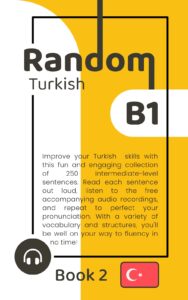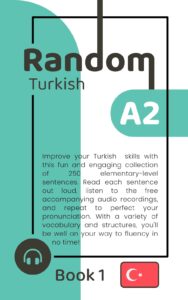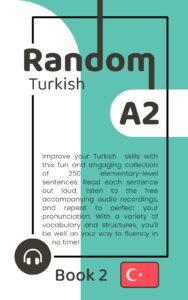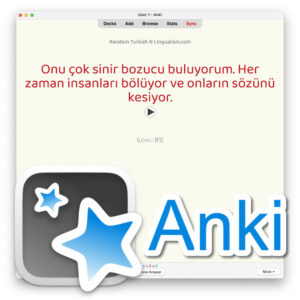Ramy Ayach has been in the Lebanese pop music scene since the late 1990s. His hit Majnoun originally came out in 2011, and has gained new popularity with the recent music video.
Have fun singing along while learning the lyrics. Below, you can see the Arabic script with tashkeel. Click on any line to expand it to reveal the English translation and language notes.
The first two lines in the lyrics are spoken in the telephone call at the beginning of the video. The actual song starts at the 2:00 mark.
Hello? Hello?
(Conversation on phone.)
I can’t sleep. I am not ready to see you again tomorrow. Your love will kill me…will kill me.Rami? Please don’t hang up.
فِيّي I can
غِفي to fall asleep
مِسْتْعِدّ prepared
رِجِع to __ again (+ bare imperfect verb)
لح = رح will
قتل to kill
سكّر (lit.) to close
The long nights have been prolonged, how I would like to sleep
(Song starts at 2:00 mark.)
طال to take a long time
على بالو on one’s mind
My heart is only warmed by your eyes.
إلّا… ما (lit. except… not) only
دِفي to become warm
Even though your love might kill me,
مع إنّو… لكِن even though
I cannot get over you.
شِفي to recover, be cured
And aah! How I love you! Aah!
شو what
Notice the usage of شو here and how it translates. Another example: !شو لطيف How nice!
Please I want to forget my pain
دخْلك I beg you!; I implore you!
بدّي I want
وَجع pain
نِسي to forget
The ـه at the end of the verb is the pronoun suffix it/him (referring to his pain, which is a masculine noun). This pronoun suffix is ـو after a consonant but ـه after a vowel.
Even though your love might kill me,
مع إنّو… لكِن even though
I cannot get over you.
شِفي to recover, be cured
I’ve missed you.
شْتاق to miss, long for
This verb takes an indirect object, lit. “to you”: ـلِك to you, and notice that the ل is doubled in this case.
Crazy!
Crazy…is the one that chooses other than you
لِ= يلّي who, which, that; here: the one that…, he who…
غيْر besides, other than
خْتار to choose
Sleep! Dream of me, your hand in my hands,
حِلِم في to dream about
فِيّي, earlier in the song, means “I can”, but here it is simply the preposition في + the pronoun suffix ـي (me)
إيد hand
so that even my eyes’ tears stay with you happy
حتّى even
دمِع tearing up, weeping
عيْن eye
بقى to stay
فرْحان happy, cheerful
The long nights have been prolonged, how I would like to sleep
طال to take a long time
على بالو on one’s mind
My heart is only warmed by your eyes.
إلّا… ما (lit. except… not) only
دِفي to become warm
Even though your love might kill me,
مع إنّو… لكِن even though
I cannot get over you.
شِفي to recover, be cured








This is amazing!
Great!
This sounds very passionate… thank you for sharing!